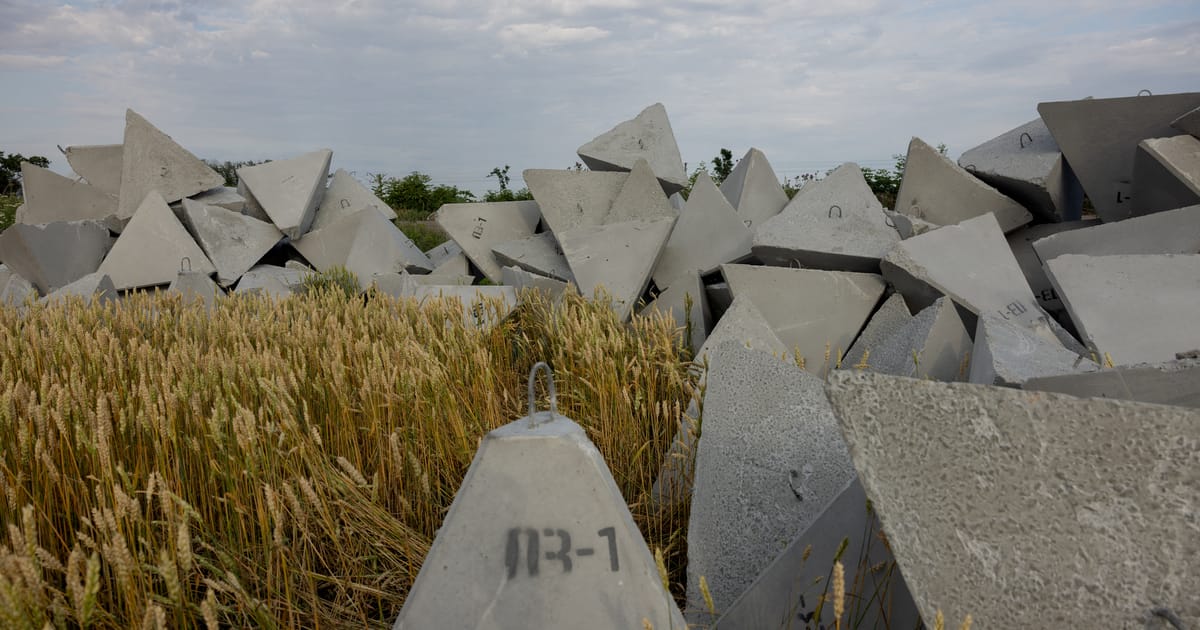

Against a backdrop of continued geopolitical tensions, efforts to enhance fortifications and pursue peace talks are taking center stage, reflecting the persistent drive for security and resolution. As developments unfold around the globe, stakeholders are engaging in strategic maneuvers and dialogues aimed at stabilizing regions and promoting cooperative solutions.
In Ukraine, as the nation continues to contend with ongoing military challenges, a significant focus has been placed on reinforcing its front-line defenses. Notably, smaller units among Vladimir Putin’s forces are executing targeted attacks, prompting Ukraine to respond strategically. The emphasis on revitalizing fortifications is illustrative of Ukraine’s dedication to securing its territory and safeguarding its citizens. By deploying innovative measures and utilizing tactical insights, Ukraine is reinforcing its capability to withstand and deter further advances, embodying resilience amid adversity.
Meanwhile, in the United States, President Donald Trump has commented on the conflict in Ukraine, expressing uncertainty about his ability to end Russia’s military engagement. This contrasts with his previous campaign promises of swiftly resolving the issue. “I don’t know. I can’t tell you whether or not that’s going to happen,” Trump stated, reflecting a candid approach to the complexities of international diplomacy. As the international community closely watches these situations, the path to peace in Eastern Europe remains intricate, requiring concerted efforts from global leaders to support dialogue and negotiation.
In another sphere of global affairs, significant attention is drawn to the academic realm, where scholars are seeking refuge from perceived political pressures in the United States. Nearly 300 researchers have applied for opportunities at Aix-Marseille University in France, seeking “scientific asylum.” This trend is fueled by recent policy shifts under President Trump’s administration, which have seen attempts to limit academic discourse and research funding. According to academics like American historian Brian Sandberg, these measures have raised concerns about academic freedom and have driven scholars to pursue safe environments to continue their work unhindered. For many, the decision to relocate underscores a commitment to preserving the integrity of scientific inquiry amidst challenging conditions.
Simultaneously, diplomatic efforts continue in the Middle East, where Israeli negotiators are set to visit Qatar to engage in indirect peace talks despite challenging conditions. The discussions aim to secure a ceasefire agreement and facilitate the release of hostages in Gaza. While the negotiations are occurring under what some have described as “unacceptable” terms, the willingness to engage in dialogue showcases a constructive step towards de-escalation and cooperation. By seeking avenues for negotiation and compromise, involved parties demonstrate their commitment to mitigating conflict and pursuing long-term peace solutions.
As these narratives unfold, the global stage reflects a mosaic of challenges and opportunities as nations and individuals navigate complex terrain to uphold stability and progress. Through fortified defenses, open dialogues, and pursuits of asylum in friendly domains, the world witnesses myriad expressions of hope and resilience. Each initiative represents a strand in the intricate web of global relations, emphasizing the interconnected nature of efforts to safeguard peace and foster a harmonious world.
Source: {link}
